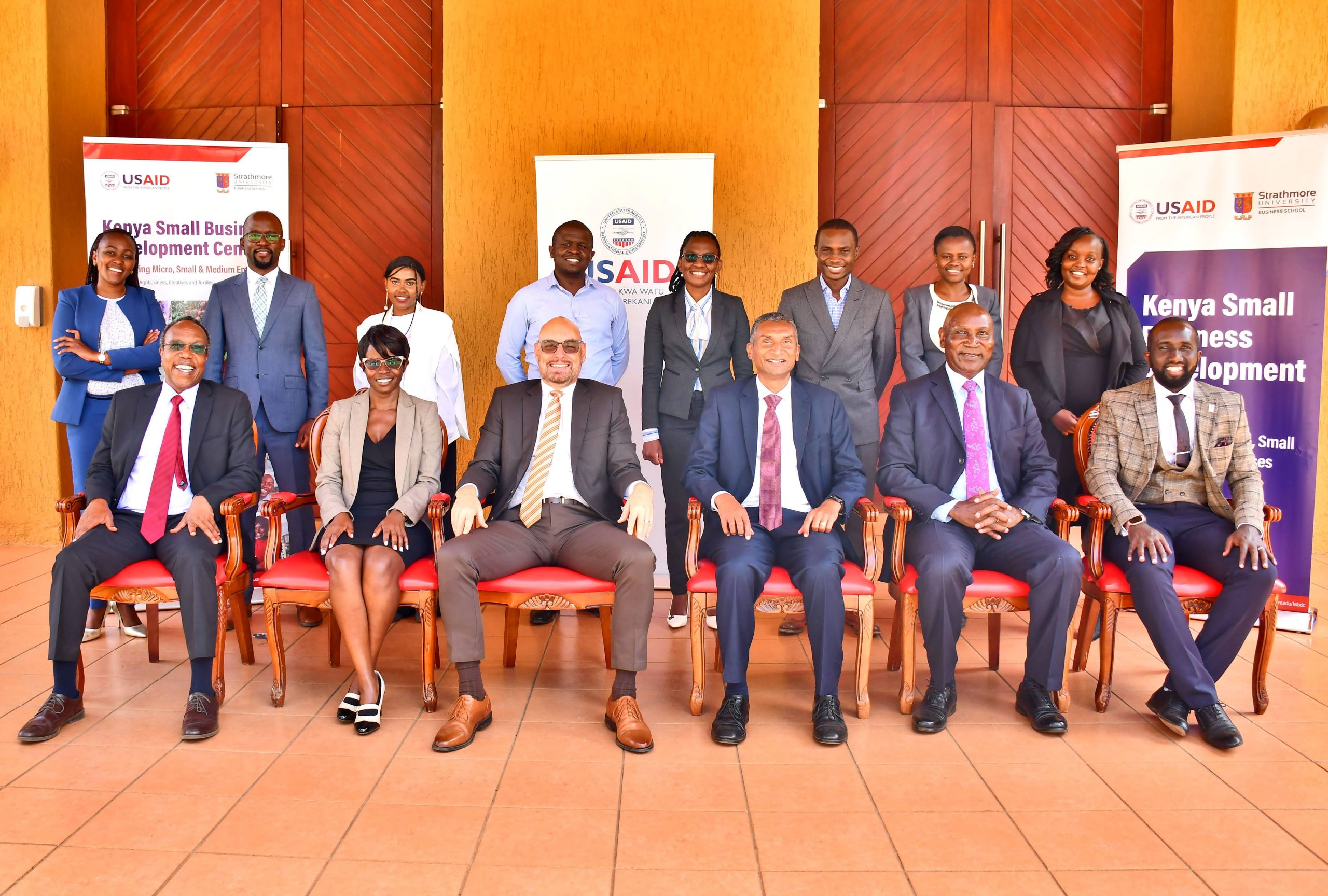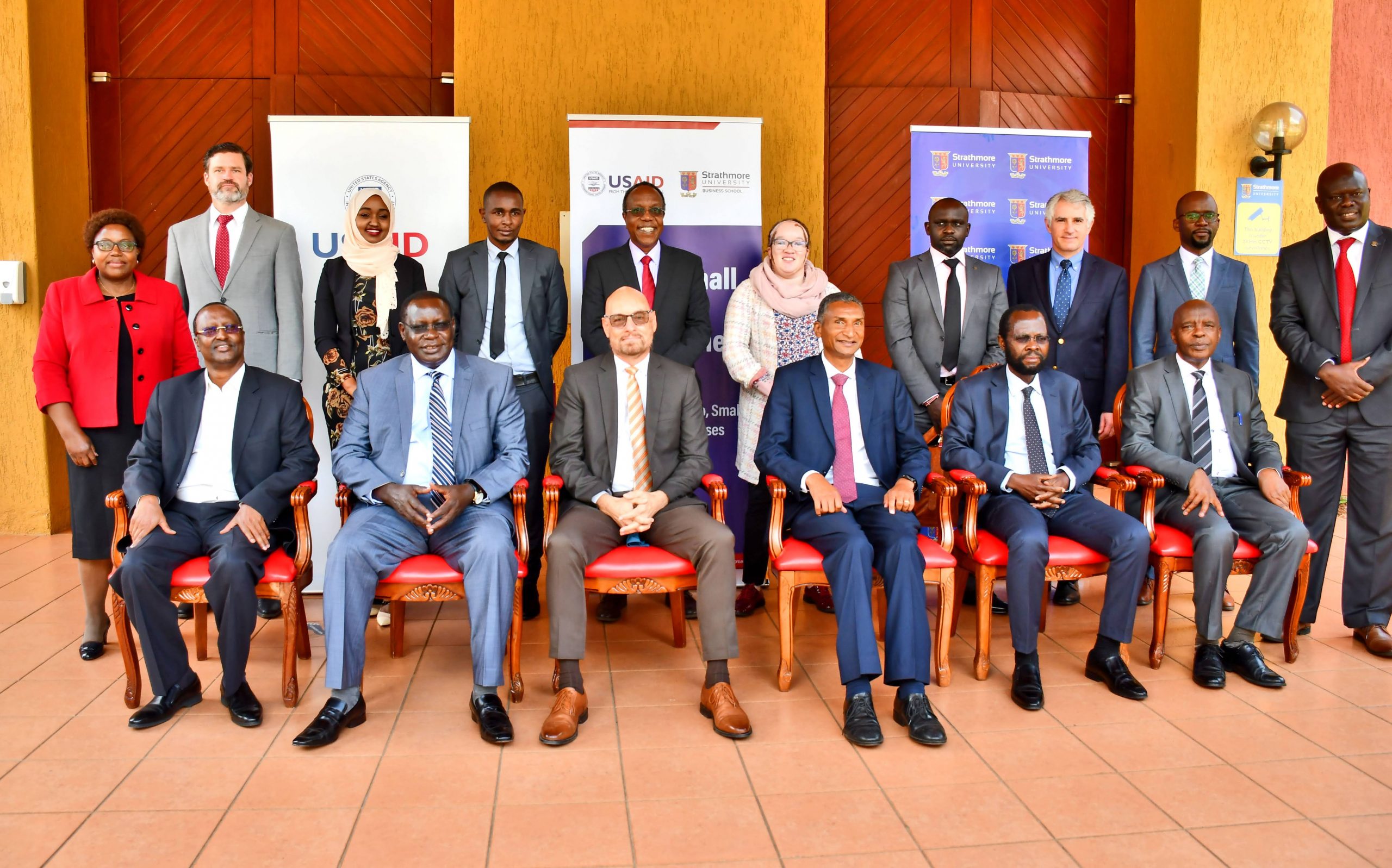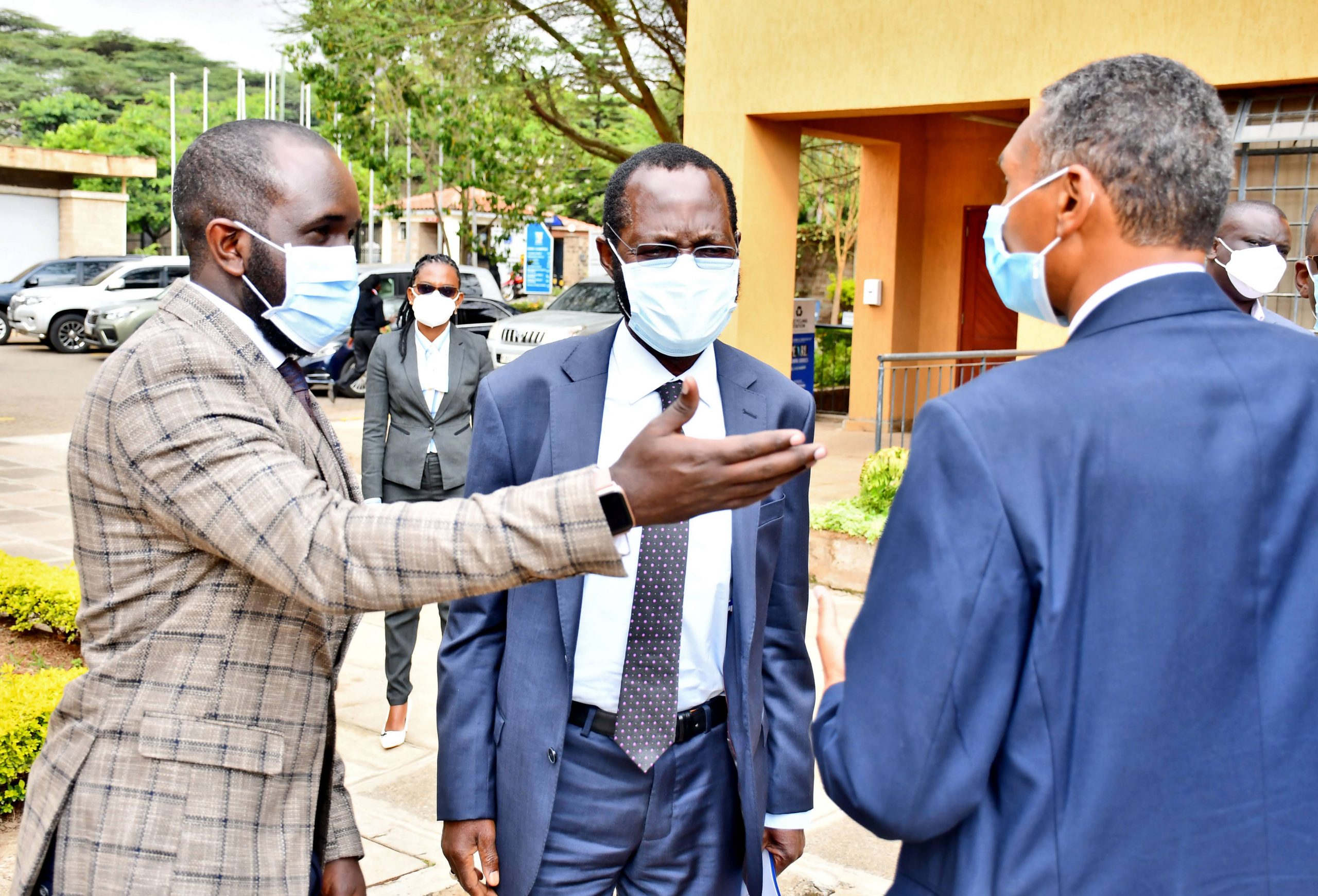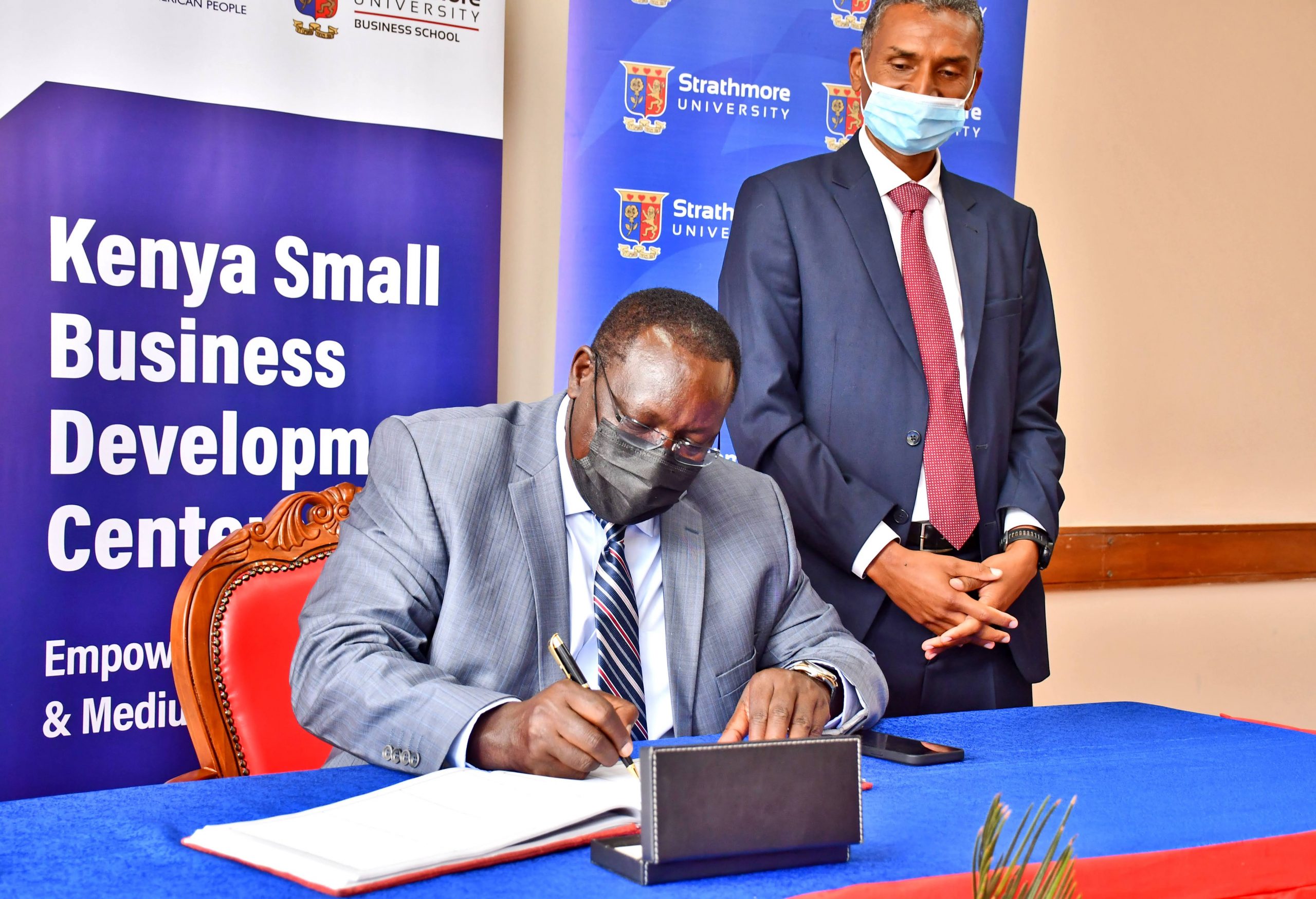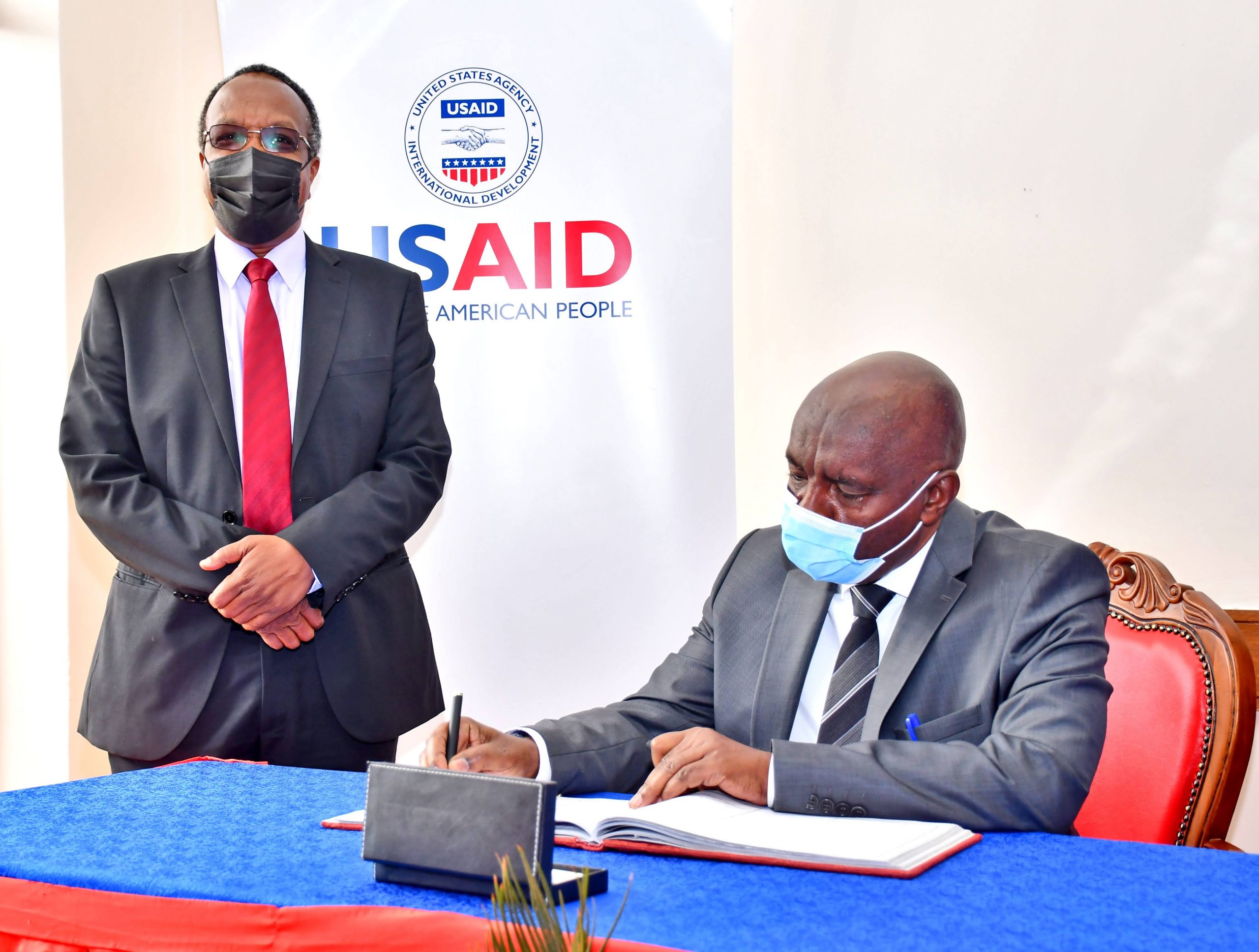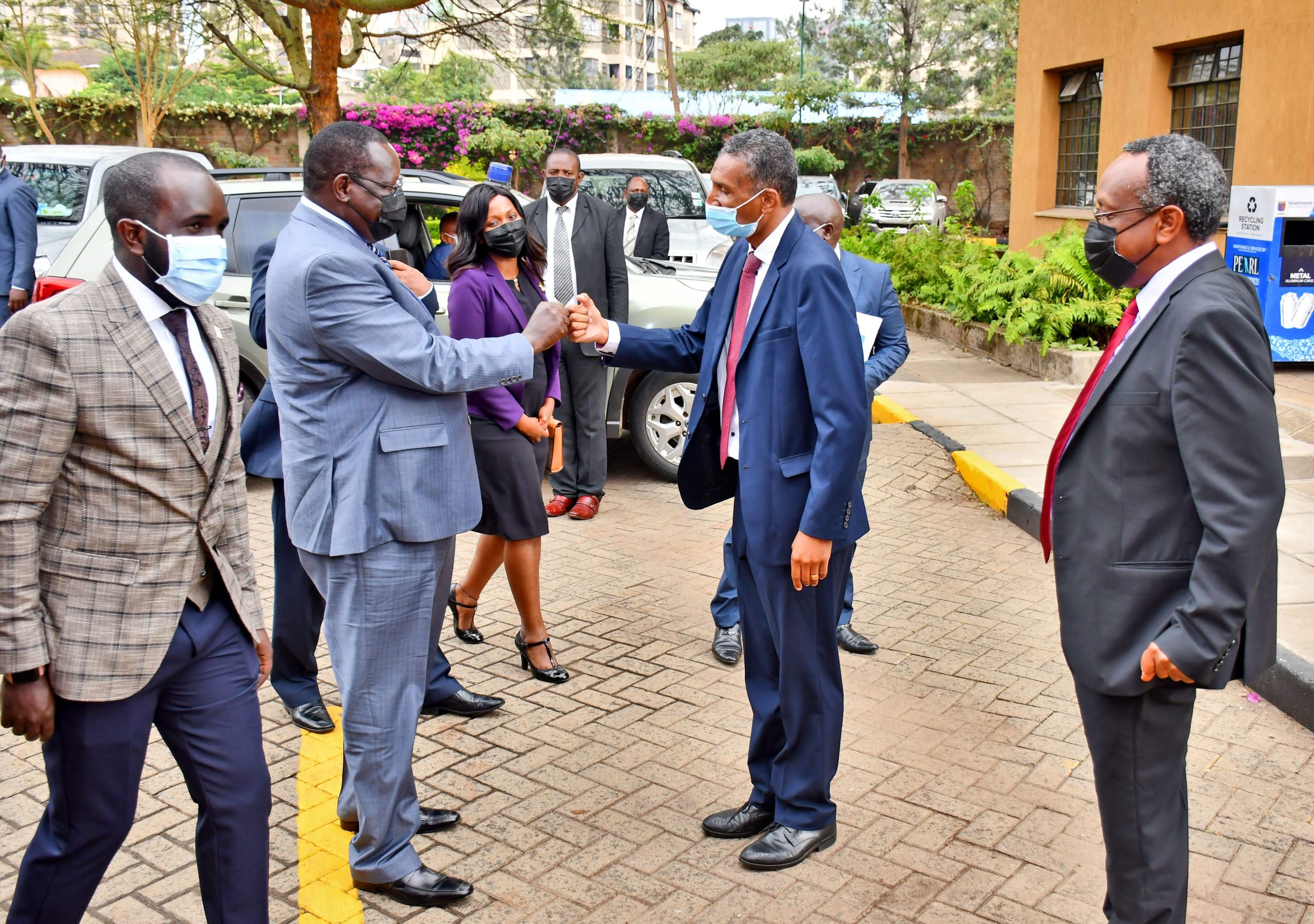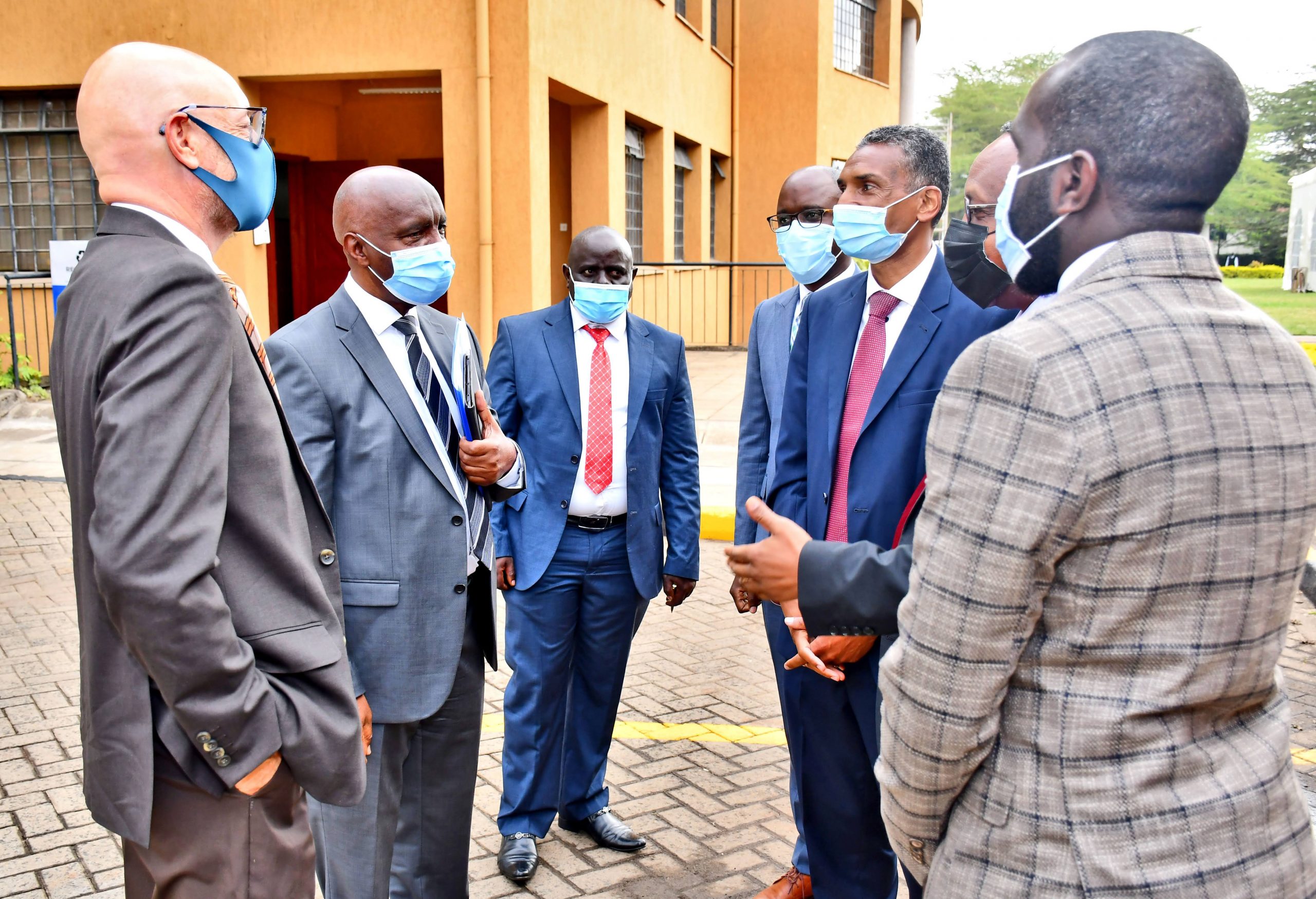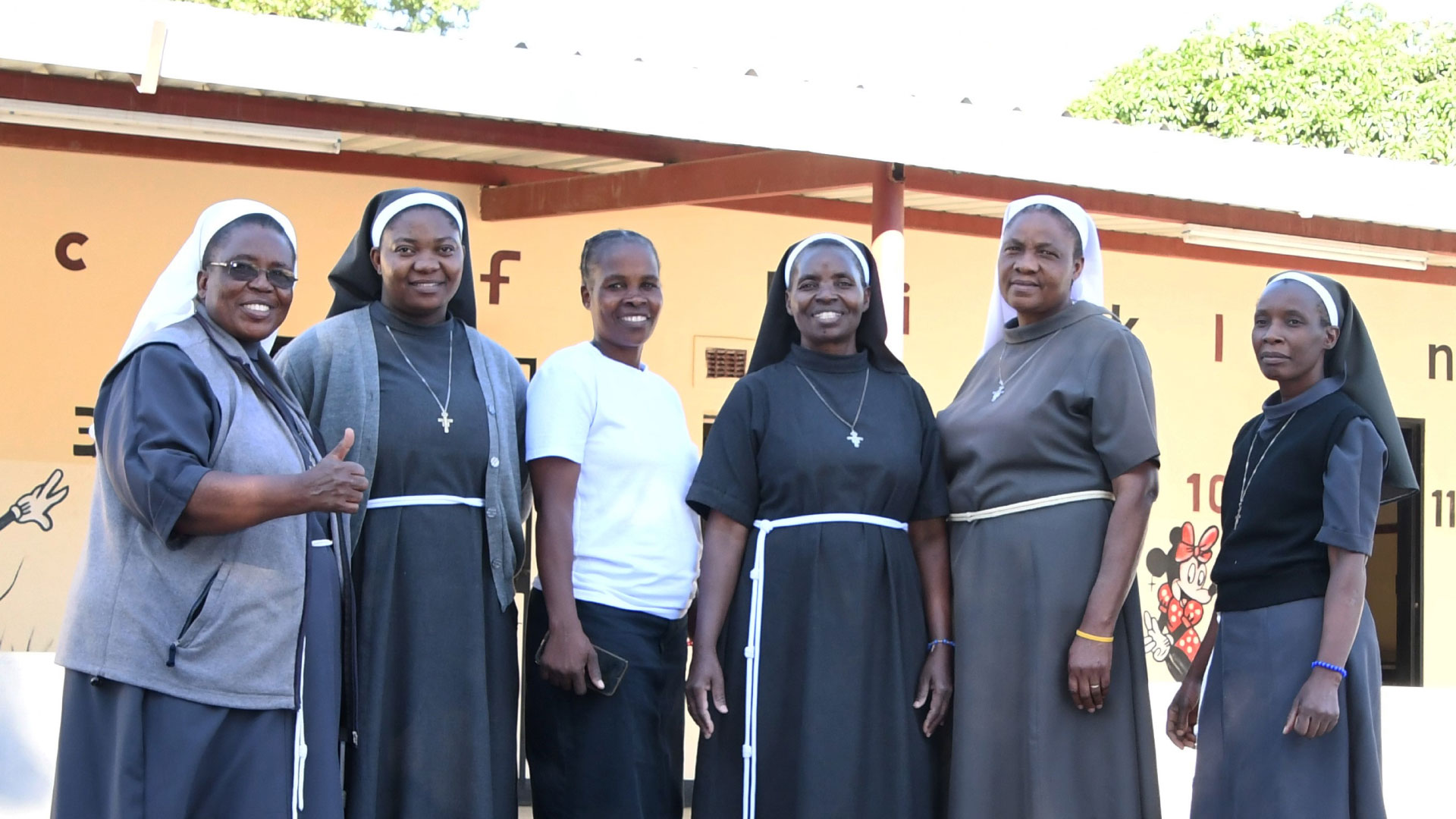Micro, Small and Medium Enterprises (MSMEs) are acknowledged by multilateral organizations, development agencies and Governments as a key enabler of economic growth and development globally. In Kenya, MSMEs represent a core pillar of the economy and play a significant role in business, innovation, wealth creation and employment. MSMEs have the potential to solve the high rate of youth unemployment as well as play a critical role in poverty reduction and increasing tax revenues that can contribute towards infrastructure development in the country. However, the lack of resilience demonstrated by these businesses is a cause for concern as the majority of them do not survive beyond a year or two of their founding. This represents a hurdle for leveraging the MSME pillar as a key driver of growth in the country.
Some of the challenges faced by MSMEs include insufficient access to financing, poor adaptability to rapid technological changes, and limited access to local, regional, and international markets. Moreover, most MSMEs in the country are negatively affected by a lack of market intelligence and data, insufficient training opportunities, and an unfavourable business environment compounded by inefficient policies and legislation. These challenges limit the growth of their businesses, which often excludes them from investment and trade opportunities.
To address these issues, Strathmore University Business School (SBS), in partnership with the United States Government through the U.S. Agency for International Development (USAID), launched the Kenya Small Business Development Centers (Kenya SBDC) program in May 2021 to support MSMEs by working in partnership with the County Governments to tailor MSME support to local business needs.
The program will offer MSMEs support by facilitating access to finance, provision of business advisory services, providing trade/market information and exploring policy innovations. Additionally, the program will ensure the inclusion of women-led and youth-led MSMEs. Furthermore, it will set up Development Centers in the Prosper Counties. To ensure ownership, self-reliance and transparency, the Program will be people-centric ensuring it is led, planned and managed by the MSMEs. The project takes the best practices in business development and advisory services from the U.S Small Business Development Center (SBDC) model and transfers them to a local network of county-based business centres. The project also builds linkages between Kenyan and American MSMEs to transfer best practices which will help Kenyan MSMEs to effectively take advantage of local and export market opportunities, have improved access to finance, apply market analytics, and benefit from a supportive business-enabling policy environment at the county level. This will strengthen Kenya’s economic competitiveness and generate positive impacts for its citizens.
The Governors’ Roundtable held on the 7th of December, 2021, was the first step in creating a network among the Governors to discuss the importance of MSMEs at the county level on job creation and economic growth.
The golden triangle of research, academics and community service enables Universities to build platforms such as these to bring together the right development partners and Government actors to champion the spirit of innovation, inclusion and equity to solve the complex challenges faced by the marginalized MSME sector. During his opening remarks, Dr. Vincent Ogutu, Vice-Chancellor Designate, Strathmore University, elaborated on the importance of creating an enabling environment for MSMEs and stressed the importance of empowering MSMEs through capacity building and the importance of partnerships to share knowledge, conduct research and co-create impactful solutions.
Africa will begin to move towards relationships based on trade rather than aid through capacity building projects such as the SBDC program. Co-creation is essential to USAID’s Prosper Africa mission to ensure local ownership of development projects. Speaking during the event, Mr. Mark Meassick, Mission Director, USAID Kenya and East Africa asserted that, “USAID has mandated that our implementing partners plan, manage, and implement programs in lockstep with County Governments. This is a process of ownership, shared commitment, and transparency that we want to foster across our activities.” He also appreciated the sustained efforts from all the County Government teams to identify joint priorities and to co-create approaches and activities with Strathmore Business School and said that this demonstrates local ownership and fosters sustainability.
The University of Texas-San Antonio (UTSA) will partner with Strathmore University in executing a proven 5-phase approach that will create a successful Kenya SBDC Network that creates economic impact for program stakeholders and is sustainable over the long term. Mr. Cliff Paredes, Director of the International Trade Center elaborated on the SBDC Model which is characterized by a focus on long-term and results-oriented advising, assisting large numbers of clients from start-up to gazelle phases, fostering a culture of constant measurement, generating economic impact results, leveraging resources and reducing program fragmentation and produces a positive ROI that results in program sustainability.
The Governors Roundtable enabled key stakeholders to gain a comprehensive understanding of the program and allowed the Program Directors to receive insights from the Governors on ways the program can be curated better to address individual County needs on supporting their MSMEs. All four Governors in attendance and their representatives committed to offer support to the Kenya SBDC team for the successful implementation of the Program by assisting with land/infrastructure to set up the Development Centers in their respective Counties and forging local collaborations to ensure the growth and sustainability of MSMEs.
Key Highlights of the Governor’s Roundtable
County Governments need to create legal frameworks that support MSMEs.
During the Governor’s Roundtable, H.E Hon. Professor Peter Anyang’ Nyong’o, Governor, Kisumu County remarked “MSMEs have been the backbone of Kenya’s economy since colonial times.’’ He observed that formalization of the business processes of the MSME sector will lead to taxation and that taxes should be seen as an investment in a public sector that works. MSMEs need to be formalized and have a proper legal framework that regulates MSME financing from the public and private sectors. There is a need to devise an MSMEs act that allows different MSMEs to get financial aid at minimal interest rates. This will ensure that devolution is not a mere philosophy but a source of wealth, employment creation and eradication of poverty.
- County Governments are the agents of change and co-creation leads to trust, local ownership and sustainability of programs
The provision of support for youth-led businesses that account for 57 per cent of the Kenyan population MSMEs by providing access to finance and linkages to market is an avenue to reduce poverty and create wealth. H.E. Hon Mohammed Kuti, the Governor, Isiolo County observed that increasing county own-source revenues working directly with County Governments for co-creation efforts will ensure counties do not merely rely on the National Government and are thus able to play important roles as positive agents of change.
De-risking MSMEs is vital to their growth which can help them become globally competitive
H.E Hon. James Nyoro Governor of Kiambu County stressed the importance of de-risking MSMEs by connecting them with financial institutions and ensuring they have access to loans at subsidized rates and encouraging innovation. He said, ‘’To create demand, we as Kiambu County have dedicated one week for Entrepreneurs where we invite MSMEs innovations and bring entrepreneurs together for networking.”
- There is a need to democratize MSMEs to enable self-reliance
“There is a need to democratize MSMEs to be resilient,’’ stated H.E. Professor Kibwana, the Governor, Makueni County, “In Makueni County, we have a global exchange program for the youth where they are trained to run businesses in a better way at a minimalistic fee. The training is held at an innovation centre built on government land. He went on to explain that deepening partnerships enhance co-creation. And when co-creation efforts are consistent they become more efficient and impactful. Therefore, gathering data on MSMEs to inform planning as well as continuous feedback will help advance development projects. Mr. Kenneth Ombati, The Governor’s representative from Nakuru County also reinforced the need to collect data to inform decision-making.
- There are enormous opportunities to increase Kenya’s exports under the African Growth and Opportunities Act (AGOA).
There are significant opportunities to build partnerships linking U.S. and Kenyan firms in ways that include and empower women, youth, and underserved communities.
In his closing remarks, Dr. George Njenga, the Executive Dean of SBS and Program Manager of the Kenya SBDC program stressed the importance of customized training that builds value chains, “Generic training of MSMEs does not work but building value chains works. Through value chains, we can reach our targets and ensure global competitiveness.” He went on to explain that developing MSMEs at random will not work. The critical factor is to identify the competitive advantages in each sector and build value chains. By building infrastructure around MSMEs they will be able to compete regionally and internationally. The inter-county dialogue will also facilitate the process of building transportation networks and encourage collaboration that can fast-track progress.
In conclusion, the Roundtable event marks the promising start of a journey to champion the empowerment, inclusion and active participation of MSMEs in realizing Kenya’s full potential as a global trading partner and advancing economic prosperity for all its citizens.
Article by Shailja Sharma, Executive Fellow and Coach
Would you like to share an article? Write to us at sbscommunication@strathmore.edu
Share This Story, Choose Your Platform!
Your journey to business excellence starts here. Subscribe today and be at the forefront of innovation and leadership.


